In 1959 Jem Marsh and Frank Costin
founded Marcos Cars, they took the first three letters of their
surnames to make the distinctive company name. Frank Costin applied the
skills gained in the field of aviation to create a lightweight wood
laminate monocoque body and chassis unit. It was this remarkable chassis
combined with excellent streamlining that delivered such incredible
performance in its day.


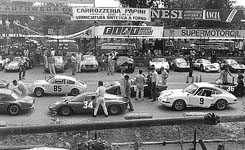
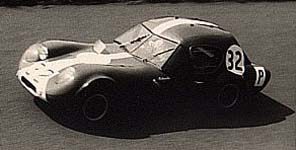
In 1961 Frank Costin left Marcos cars and Dennis and Peter Adams, undertook the task of furthering his designs. In order to simplify the building processes the brothers designed, purely as a temporary solution, the Marcos 1800. This elegant wooden chassis car was greatly received at the Motor show in 1961 and remains the inspiration for the modern Marcos car. Following this piece of remarkable engineering by the Adams’ the tremendously successful Mini Marcos with its fibre glass body was unveiled in 1966. It was the only British car to complete the Le Mans 24-hour race in the same year. The track success of Marcos was confirmed.
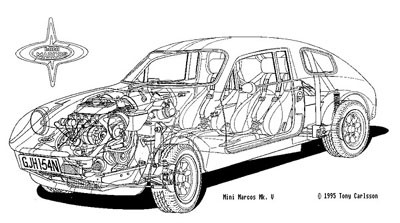
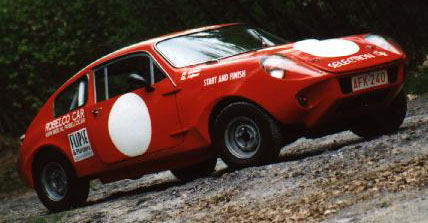
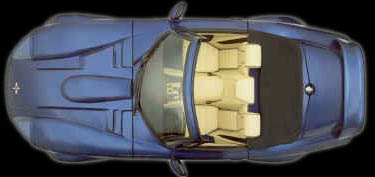
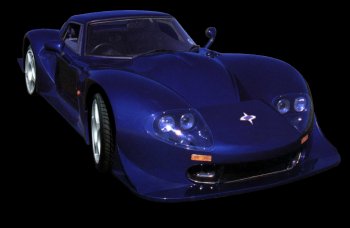
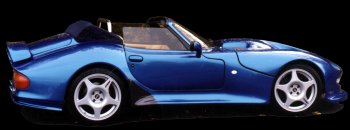
The Mantis, incorporating a new Quad-cam V8 engine, was first shown
at the 1996 International Motorshow. The staggeringly quick car was
immediately seen to be an excellent ‘One Make’ Series racer and in
1998 the first ever Marcos mono-marque challenge was born.
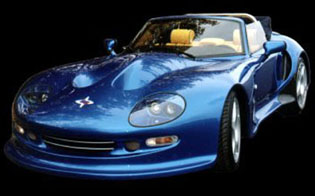
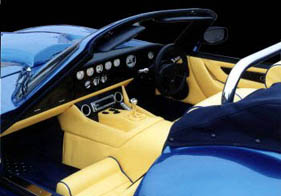
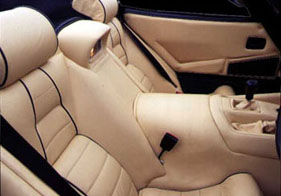
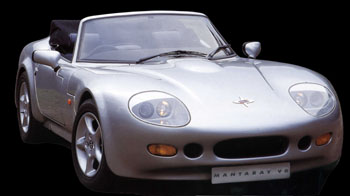
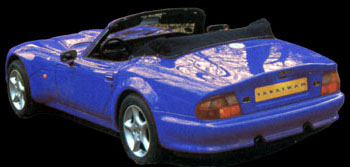
1998 saw the launch of the Mantaray, which for the first time in 35 years saw a complete re-style to the rear end. The Mantaray has been widely heralded as the most beautiful car ever produced by Marcos. It offers the rare combination of performance, reliability and refinement, a car truly borne from this heritage. The Mantis also became available with a supercharger, pushing the BHP to an enormous 507. This turned out to be the last model Marcos would make, as in the closing stages of 2000 Marcos cars went into recievership.